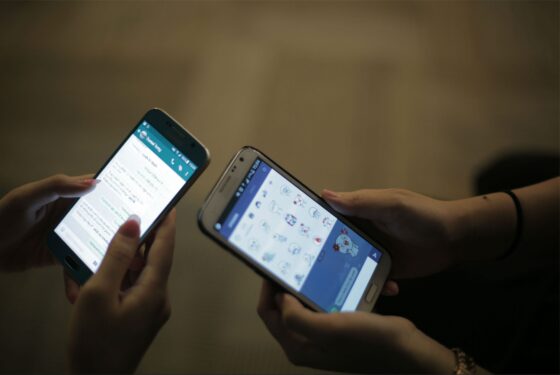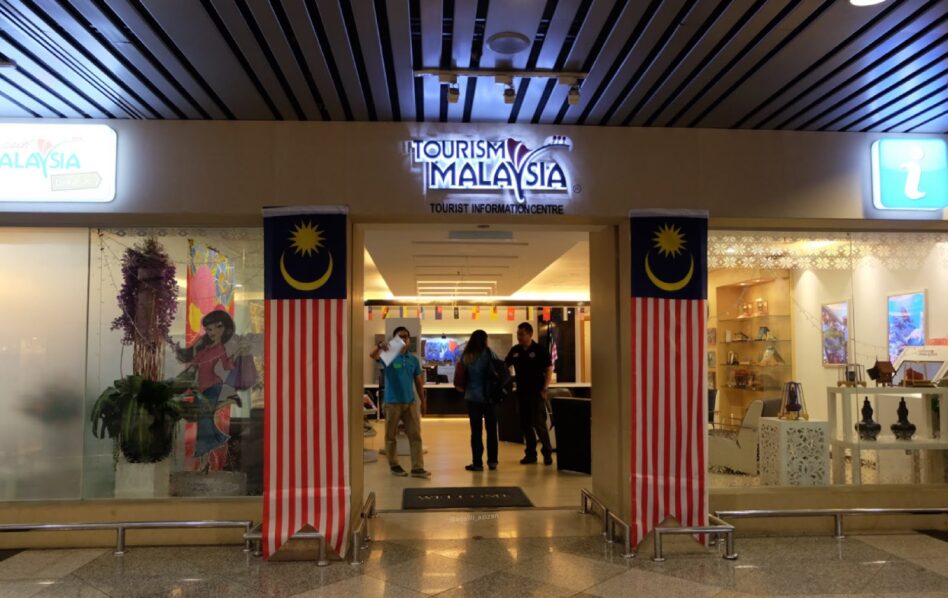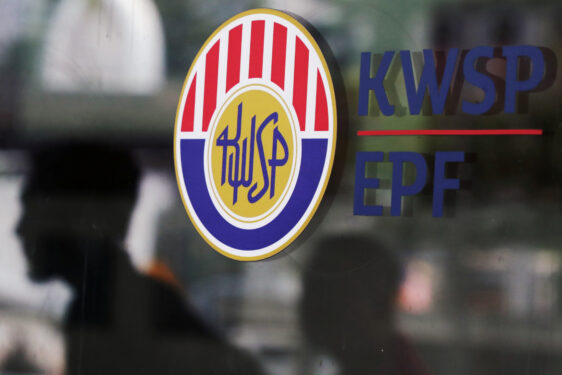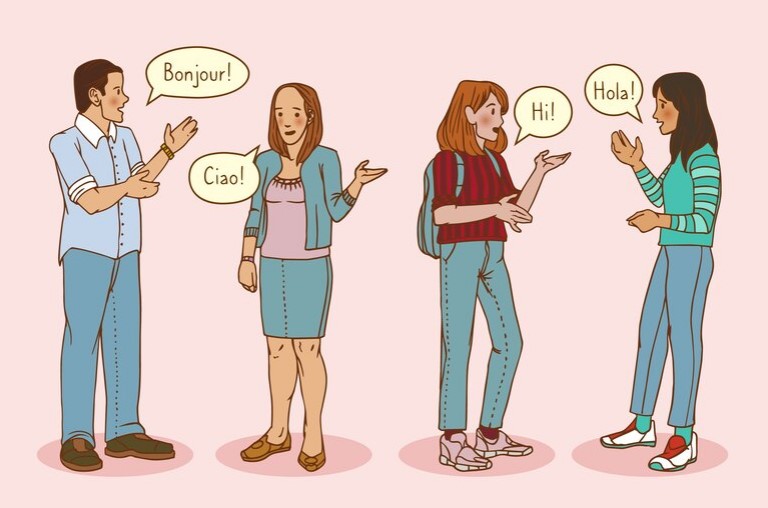A NEW study found that 4% or 38 internet-using children aged 12-17 in Malaysia were subjected to a clear form of online sexual exploitation and abuse in the past year.
These include being blackmailed to engage in sexual activities, having their sexual images shared without permission or being coerced to engage in sexual activities through promises of money or gifts.
Scaled to the national population, this represents an estimated 100,000 children who may have been subjected to any of these harms in the span of a single year.
In addition, 5% of the surveyed children (46) said they had received unwanted requests to talk about sex while 3% (26 children) had requests for images showing their private parts, which, depending on the circumstances, could constitute grooming.
However, a certain degree of under-reporting was expected due to factors including discomfort about discussing sex and sexuality with survey administrators and fears of legal self-incrimination as some practices are criminalised, meaning the numbers could be much higher than reported.
These findings were revealed in the UN’s Children Fund (UNICEF), Interpol and ECPAT’s Disrupting Harm in Malaysia: Evidence on Online Child Sexual Exploitation and Abuse report, which outlines the outcome of a recent research conducted in seven Eastern and Southern African countries and six Southeast Asian countries, including Malaysia.
The report also found that of the 38 children who reported being subjected to at least one of the four clear forms of online child sexual exploitation and abuse (OCSEA), the offenders were individuals the children did not know prior to the incident (for 10 children), peers under 18 (six children), adult friends or acquaintances (five) or family members (five).
On the other hand, 18 children did not know who the offender was, while another 11 children preferred not to indicate who the offender was.
Children who had been subjected to OCSEA or experienced other unwanted online interactions of a sexual nature cited numerous social media and online messaging sites where they were targeted.

Among these, WhatsApp was most prominent, alongside Facebook/Facebook Messenger. Other non-US-based platforms, particularly WeChat and Telegram, were cited in some instances.
“90% increase in reports”
Furthermore, the number of reports (known as CyberTips) made to the US National Center for Missing and Exploited Children by US-based technology companies concerning suspected child sexual exploitation in Malaysia increased by 90% between 2017 and 2019.
A wide range of social media platforms, image hosting and video sharing providers made reports regarding content concerning Malaysia, but the largest number came from Facebook, according to Disrupting Harm.
Almost all notifications were related to the possession, manufacture and distribution of child sexual abuse materials (CSAM).
Further analyses for the Disrupting Harm report indicated that there is evidence that CSAM is searched for on the open web in Malaysia.
Data was identified and shared with Malaysian law enforcement regarding attempted online enticement of children pre-travel, indicating that Malaysia is a potential destination for travelling sex offenders.
Meanwhile, the report found that children who were subjected to OCSEA tended to confide in people within their interpersonal networks, particularly friends, caregivers or siblings.
Helplines were almost never used by children to seek help – only one case came in via helpline – while children did not directly report OCSEA cases to the police (they were supported by adults).
This, according to the report, indicates that OCSEA in Malaysia frequently goes undisclosed and formally unreported.
Reasons given by children for not disclosing OCSEA included a lack of awareness of where to report or whom to tell, feelings of shame and embarrassment, not thinking the incident serious enough to report, a sense of having done something wrong, and concerns about getting into trouble, that disclosing would cause trouble for the family and not believing that anything would be done about it.
Conversations with young survivors of OCSEA conducted for Disrupting Harm also indicated that threats were used against children.
It noted that children – particularly boys – who were abused or exploited by offenders of the same sex may have particular difficulty in disclosing OCSEA due to stigma and the risk of self-incrimination, as sexual contact between males is illegal in Malaysia and a male child could, therefore, be prosecuted under these laws if victimised by a male offender.
According to the Royal Malaysian Police Force’s (PDRM) Sexual, Women and Child division (D11), 35 cases of OCSEA were investigated between 2017 and 2019. – Oct 2, 2022
Main photo credit: Getty Images










